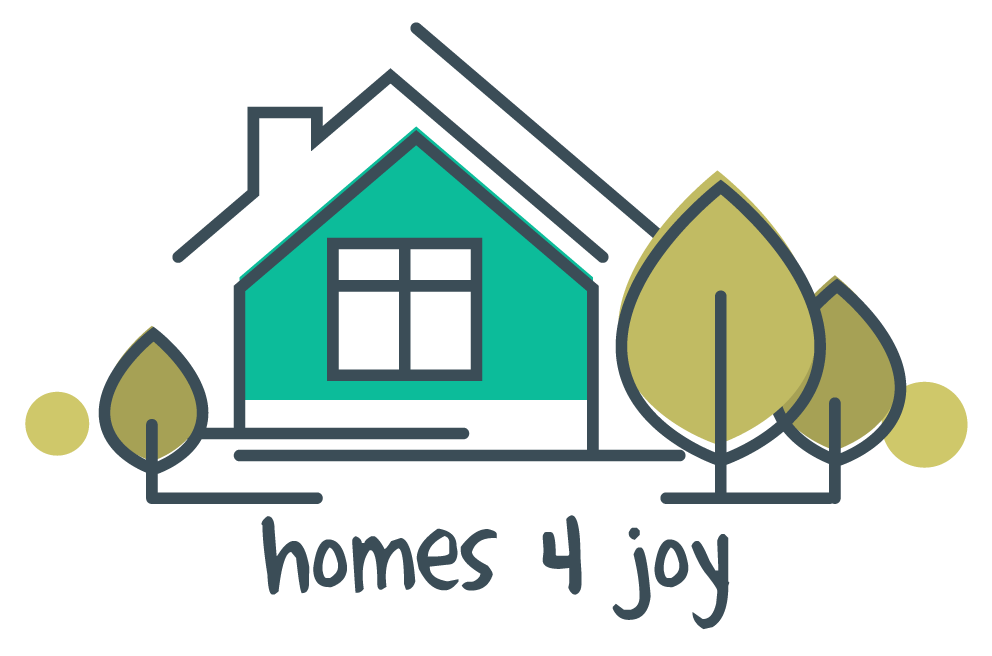The residential real estate market in India has been seeing slow growth since 2018. The slow economic growth paired with a crackdown on bank malpractices and growing credit risk has resulted in a downward spiral for the real estate market. While there are financial issues, reforms in the sector are leading the way in creating a positive impact. Policy changes, digital transformation, business consolidation and transparency through the Real Estate Regulatory Authority (RERA) are making the landscape for home buyers and mid-income people.
The emerging trend in housing is focused on 2-tier cities as the 1-tier cities move beyond the budget and spending appetite of middle-income groups. Mumbai, Delhi and NCR are packed with projects which are considered overvalued while Chennai, Pune and Bangalore are considered lucrative real estate investment cities with fair pricing. The housing sector is growing in cities like Jaipur, Indore, Vadodara, Nagpur, Coimbatore and Nashik contributing to more than 25% of the housing sales in the country with affordable housing options.
As millennials land stable and high paying jobs, they will continue to dominate the housing market as buyers. They also form a large part of the housing rental market and co-living rental spaces in cities like Bangalore, Pune and Hyderabad. This trend is helping the organized rental market in the real estate sector and is expected to grow as more workforce joins white-collar jobs in cities. This segment of the population uses technology as a big driver for their real estate decisions which has resulted in the infusion of the internet with real estate with the emergence of new apps and online platforms related to the sector.
Technology is not only driving decisions with millennials but also contributing to efficiency for real estate developers. Many developers are now employing the use of artificial intelligence and machine learning for design, management and completion of projects. Smart homes will also dominate the marketplace in years to come with the emergence of new devices to ensure safety and accessibility. Indian smart home market is valued at $893 million and is expected to grow in 2020. Apart from the homes being smart, the new-age buyers are looking for greener and sustainable housing options which is leading to changes in raw materials procurement, designing and technological advancement by real estate developers to create eco-friendly homes.

